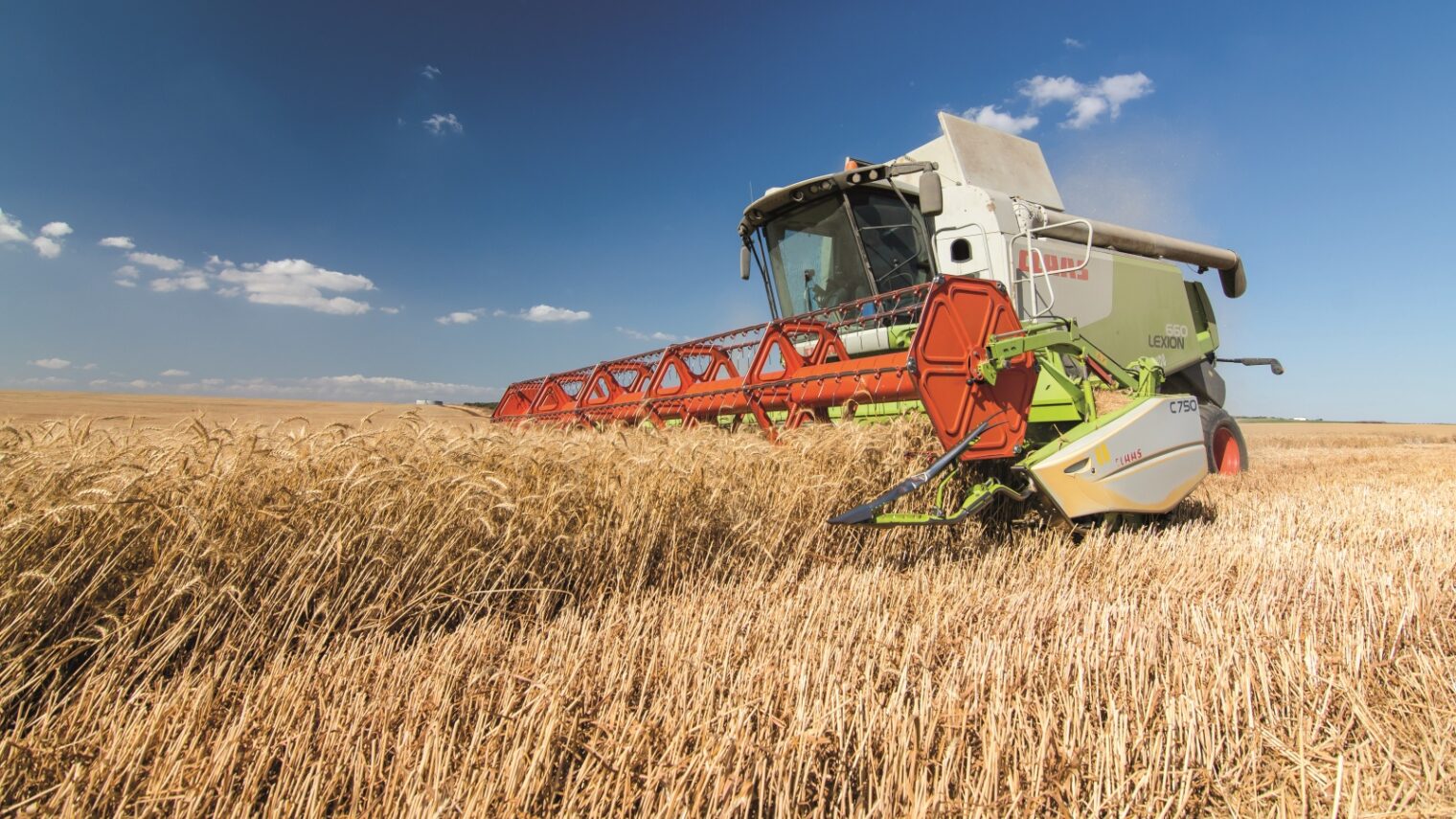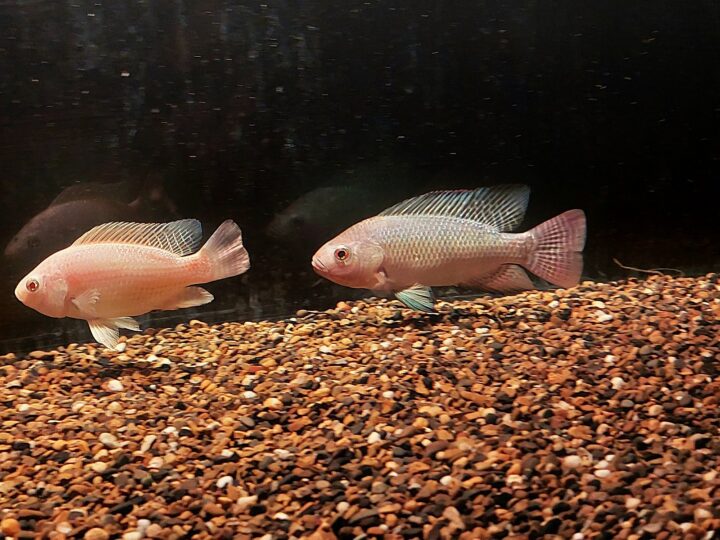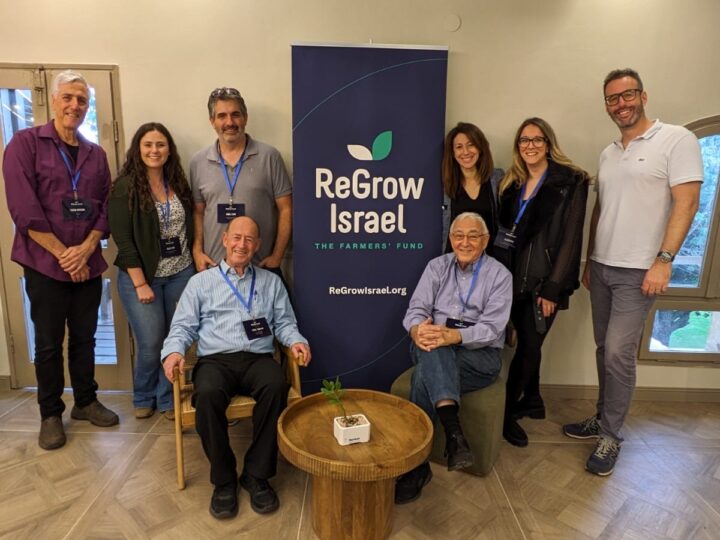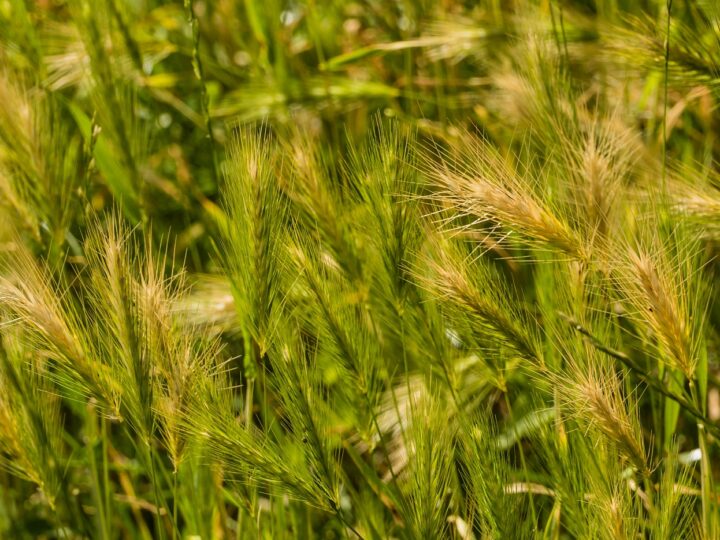Starting with wheat fields and an almond grove, a full-scale sustainable educational farm now taking root in Israel’s Jezreel Valley will be an international showcase for cutting-edge Israeli technologies in precision agriculture, high-yield growth with less water, and preventing soil erosion and infestation.
“This is unique in the world,” says Prof. Hanan Eizenberg of the Neve Ya’ar Research Center, one of three such centers run by the Volcani Center-Agricultural Research Organization of the Israeli Agriculture Ministry. “You can’t find a large-scale model farm for precision farming anywhere else.”
Plans for the teaching farm were announced today by the Helmsley Charitable Trust, which gave a $4.8 million grant to support development of the 123-acre Neve Ya’ar farm as an innovative, economically viable and environmentally sustainable program to educate farmers and researchers in Israel and worldwide.
Staffed by Volcani experts, the model farm will be supported by an on-site laboratory, which will expedite the otherwise lengthy process of applying findings to the field. Trainings, seminars and workshops will be offered on a regular basis.
““The small experimental-sized fields of most model farms means that their results cannot be reliably scaled to industrial fields,” Volcani International COO Tali Gottlieb explains to ISRAEL21c.
“In our large fields we will be able to implement experiments so that the results are scale-able and directly relevant to farmers. We’re hoping to encourage farmers to adopt these practices by educating them about the science and economic viability of our recommended protocols.”
Gottlieb said Volcani researchers are considering how to adapt the innovations for different climatic regions across the world. “Agricultural ministers and other officials from abroad will be invited to come and see what we offer,” she says.
Additional model farms could be established in other parts of Israel so that visitors could choose the farm with the most similar climate. However, many of the technologies to be implemented at Neve Ya’ar will address universal issues such as problems with fertilizer drift.
“As urban living areas are encroaching into agricultural areas, people don’t want to smell fertilizer through their windows, so we’re looking at ways to produce fertilizers with fewer chemicals, dangers and odors,” Gottlieb says.
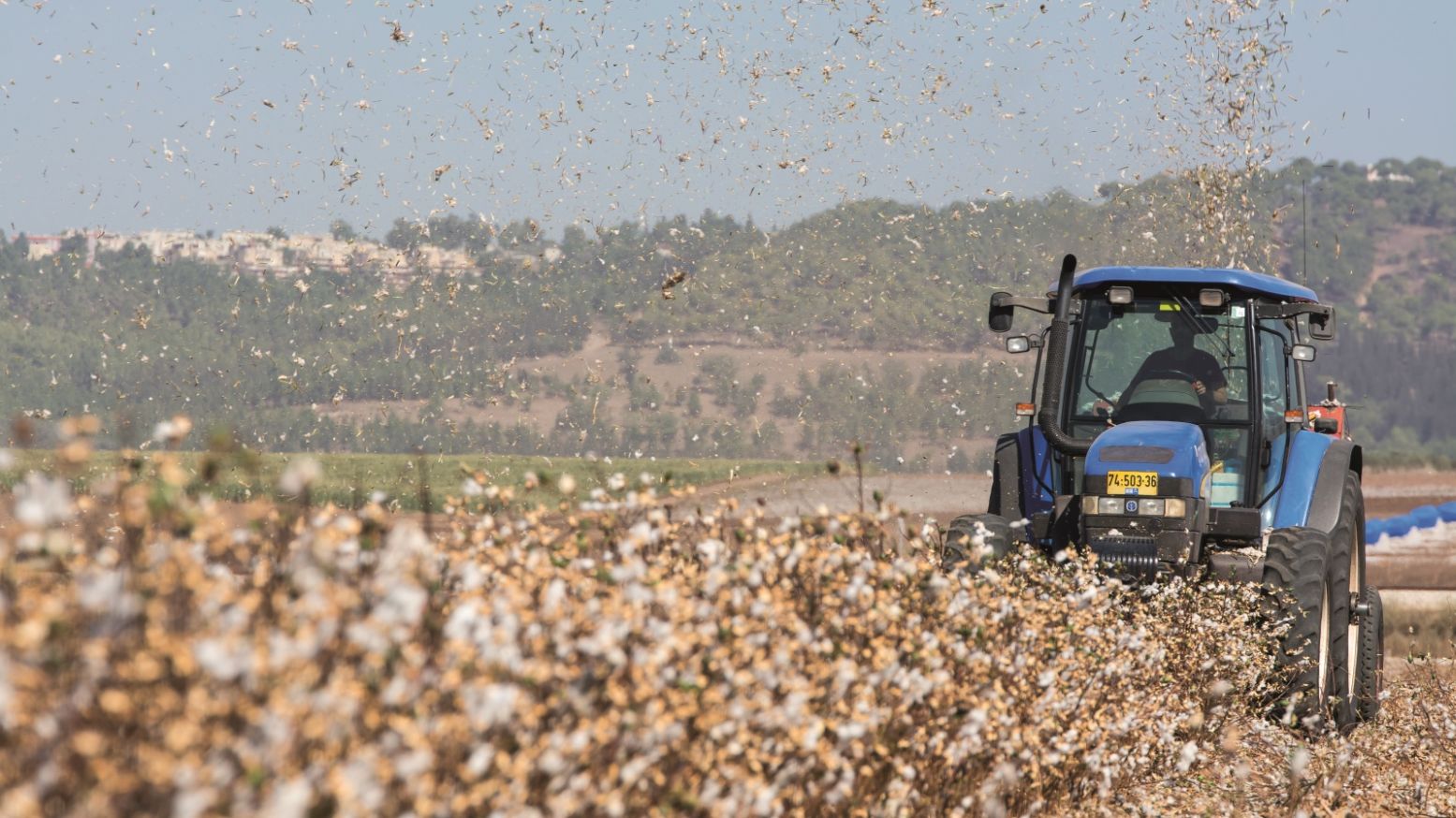
Wheat and almonds
Eizenberg, whose area of expertise is weed research and plant pathology, has worked with Neve Ya’ar Research Center Director Zalmen Henkin on planning the farm and hiring technicians.
“In November we will plant the first crops,” he tells ISRAEL21c.
The farm will begin with 36 hectares (89 acres) of wheat and 4 hectares (about 10 acres) of almond trees. The field crops will alternate every year.
“Almonds are a super food and generate great interest all over world,” says Eizenberg, “and we have optimal growing conditions for almonds in the Jezreel Valley. Wheat was chosen as our first field crop because it is a very important grain and because we want to demonstrate how we grow high-yield and high-quality wheat in our area.”
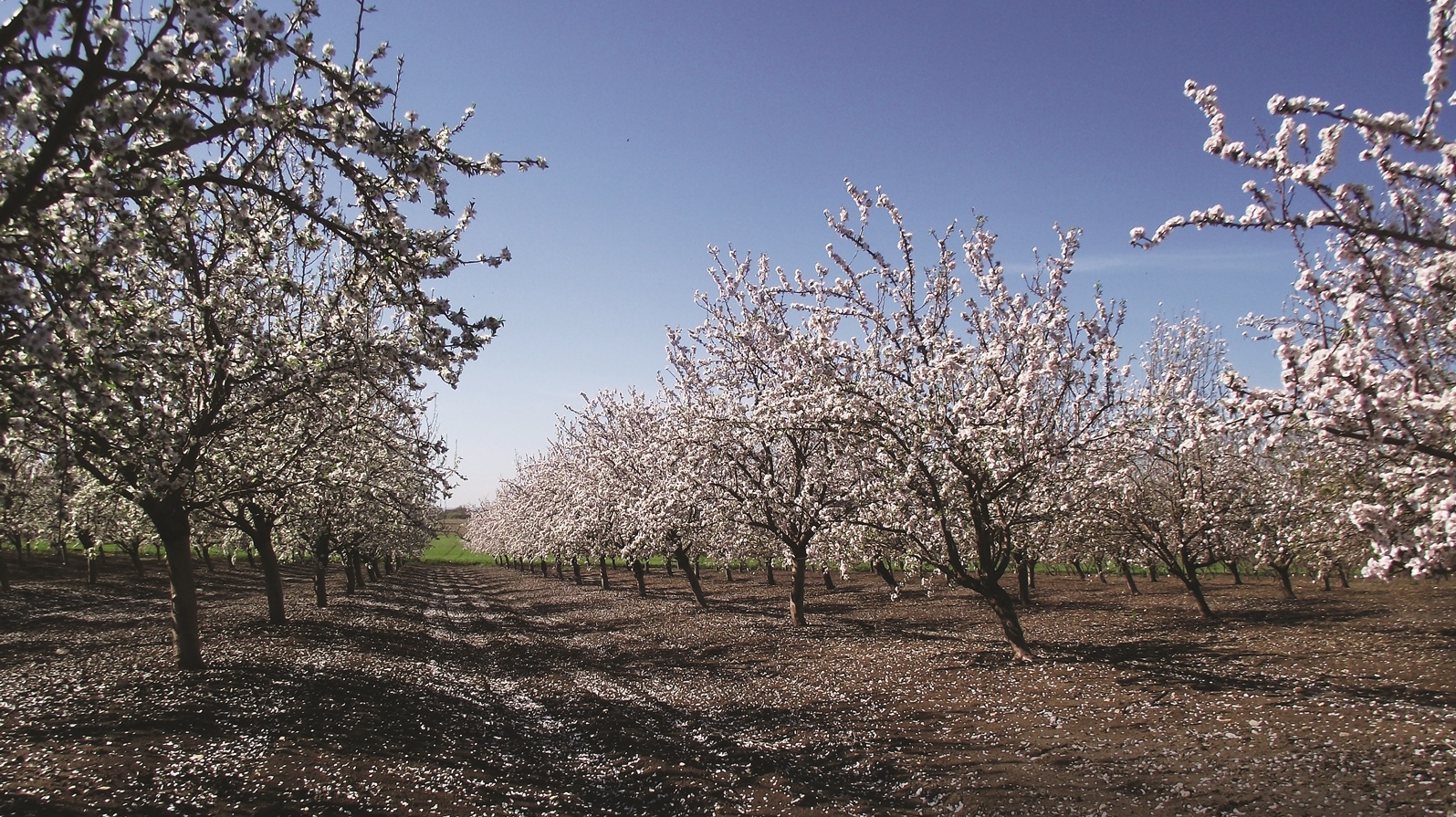
He anticipates that in the second growing season, after the wheat is well established, the wheat fields will be divided to show the effects of different treatments for nutrition and soil cultivation.
Soil erosion is a growing concern in Israel as well as in parts of the world including Australia and Europe. Neve Ya’ar will demonstrate Israeli innovations to keep the soil stable. These include planting specific groundcover crops and using no-till methods that increase water penetration and retention of organic matter and nutrients.
“We will also adopt precision agriculture in order to apply pesticides and fertilizer only when needed and where needed,” says Eizenberg.
Testing ground
Israel’s precision-ag innovations are sought throughout the world, he adds, citing Chile as one country actively working with the research center.
“European scientists want to have a meeting in our model farm in 2020. There are others interested in what we are doing because of the large scale and the Volcani’s well-known research. We expect people from various countries to come and see what we do.”
In addition, the Neve Ya’ar model farm will be a testing ground for private Israeli ag-tech enterprises developing products ranging from smart irrigation by remote sensing to drones used for monitoring field conditions.
“We will encourage startup companies to validate their technologies in our fields,” says Eizenberg, adding that Volcani founded a precision ag-tech business accelerator in Ramat Yishai, close to Neve Ya’ar, a couple of years ago to support precision-agriculture startups.
Sandor Frankel, a trustee of the Helmsley Charitable Trust, tells ISRAEL21c: “Helmsley is excited to partner with the Volcani Center to support the development of world-class practices in innovative, economically viable, and environmentally sustainable agriculture. We expect this grant can help the farm to serve as a model of excellence for developing, testing and demonstrating methods that can reduce the negative impacts of unsustainable farming methods, protect scarce natural resources, and benefit farmers in Israel and worldwide.”




